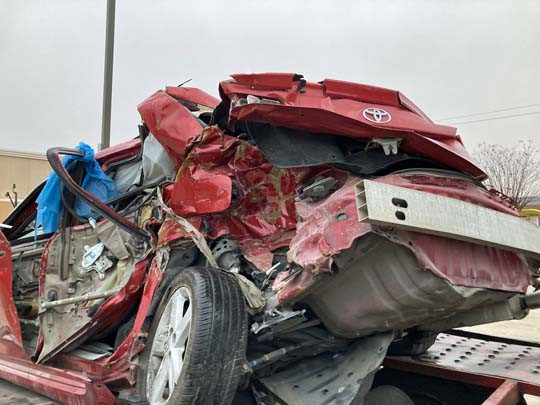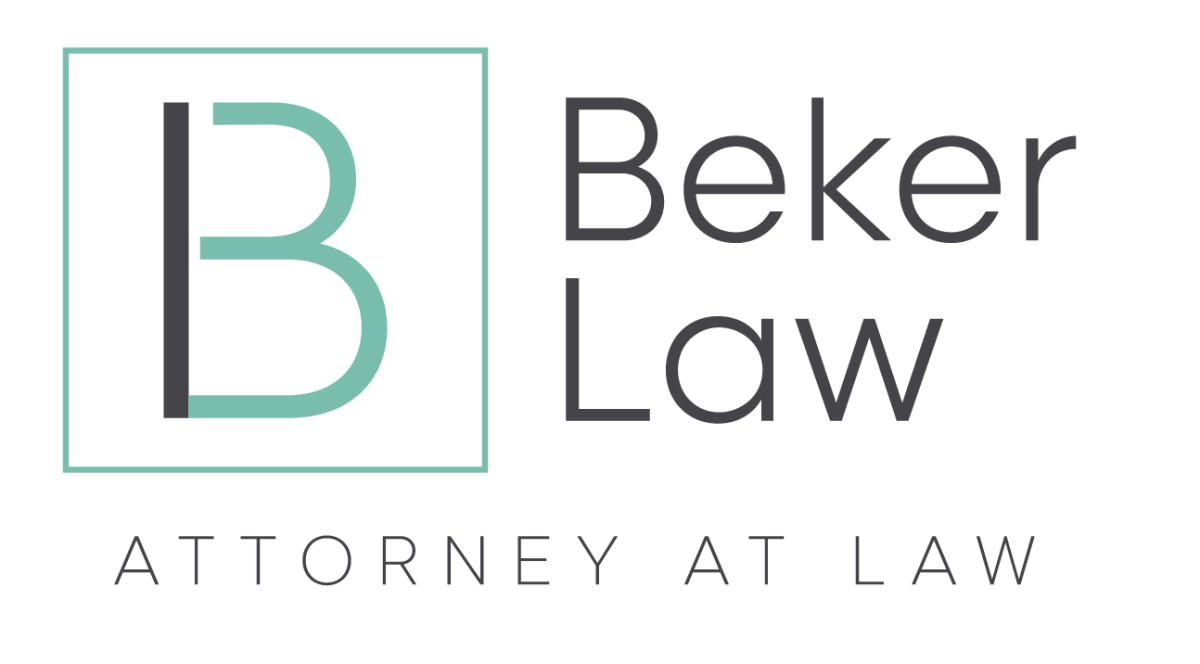"The public does not understand how often insurance companies deny or underpay individuals with legitimate personal injury claims," stated Nejat Ahmed of LeMaster & Ahmed PLLC in Plano, Texas, located in the Dallas metro area. "They are profit-oriented companies and far too often their profit motives override what is in the best interest of the injured person. When these situations arise, the injured party usually finds a personal injury attorney to challenge the insurance company in a court of law. At that point, the personal injury claim becomes a personal injury lawsuit."
What Are Some Reasons That A Claim Is Denied By An Insurance Company?
It should be noted that some aspects of a personal injury claim are "hard" facts and are not disputed by any of the lawyers. These facts would include the date of an accident, the date(s) of medical treatment, the dollar amount of stated coverage on an insurance policy, etc. Other facts, however, are subject to interpretation such as the pain and suffering of the injured person, the severity of the injury, the fault of the parties involved in the accident, and more.
What Are Some Reasons That A Claim Is Denied By An Insurance Company?
- if the injured party was partially at fault for the accident
- failure to notify the insurance company within an acceptable time period
- the injured party did not obtain a medical evaluation
- the injured party cannot document a diagnosis for an injury
- the insurance company believes the claim contains false information
- the at-fault driver has not paid their monthly insurance premiums
- the injured party is an excluded driver
- medical billing and coding errors
- the statement provided by the injured person at the scene, at the medical facility, or during a recorded statement obtained by the adjuster is used to establish the fault of the injured person or negate the injury
One of the key points that Ms. Ahmed has made is that people who are injured should be very careful when talking to an insurance claims adjuster. These insurance representatives are trained to ask questions and solicit answers that could compromise a personal injury lawsuit against the insurance company in the future. The best solution is to talk with a claims adjuster with your injury lawyer present. The questions and answers should pertain to the basic facts of the case. The basic facts include when, where, and the date and time of the accident. Do NOT discuss or describe the accident in any way such as estimates of distances or car speeds. That is the job of the accident reconstruction expert.
What Do You Do When The Insurance Company Will Not Respond?
Sometimes an insurance company will "slow walk" an insurance claim. This tactic is designed to "run out the clock" on a possible payout to the injured party. There are time limits to make a claim and insurance companies are very aware of these time limits, more so than injured individuals. And other times an insurance company may simply not respond. In either case, it would be wise to consult an experienced personal injury attorney. If the attorney files a personal injury lawsuit on behalf of a client, then the insurance company is legally required to respond and begin the process of resolving the claim.
Is It Better To Settle Or Go To Court?
The vast majority of personal injury cases are settled out of court. The advantages are that it is faster and costs less. And it is certainly less stressful than having a trial and testifying in court. In addition, the insurance company is motivated to settle because they also want to avoid the time and cost of a trial. However, the amount of money in a negotiated personal injury settlement may be less than what could have been obtained in a trial. An experienced personal injury lawyer can help a client evaluate the expected time, cost, and outcome of a trial versus a negotiated settlement.
Nejat Ahmed is a founding member of LeMaster & Ahmed PLLC based in the Dallas metro area and Houston. Her practice is focused on personal injury cases and litigation of complex insurance coverage issues and first-party bad faith disputes involving commercial and residential property claims.






















